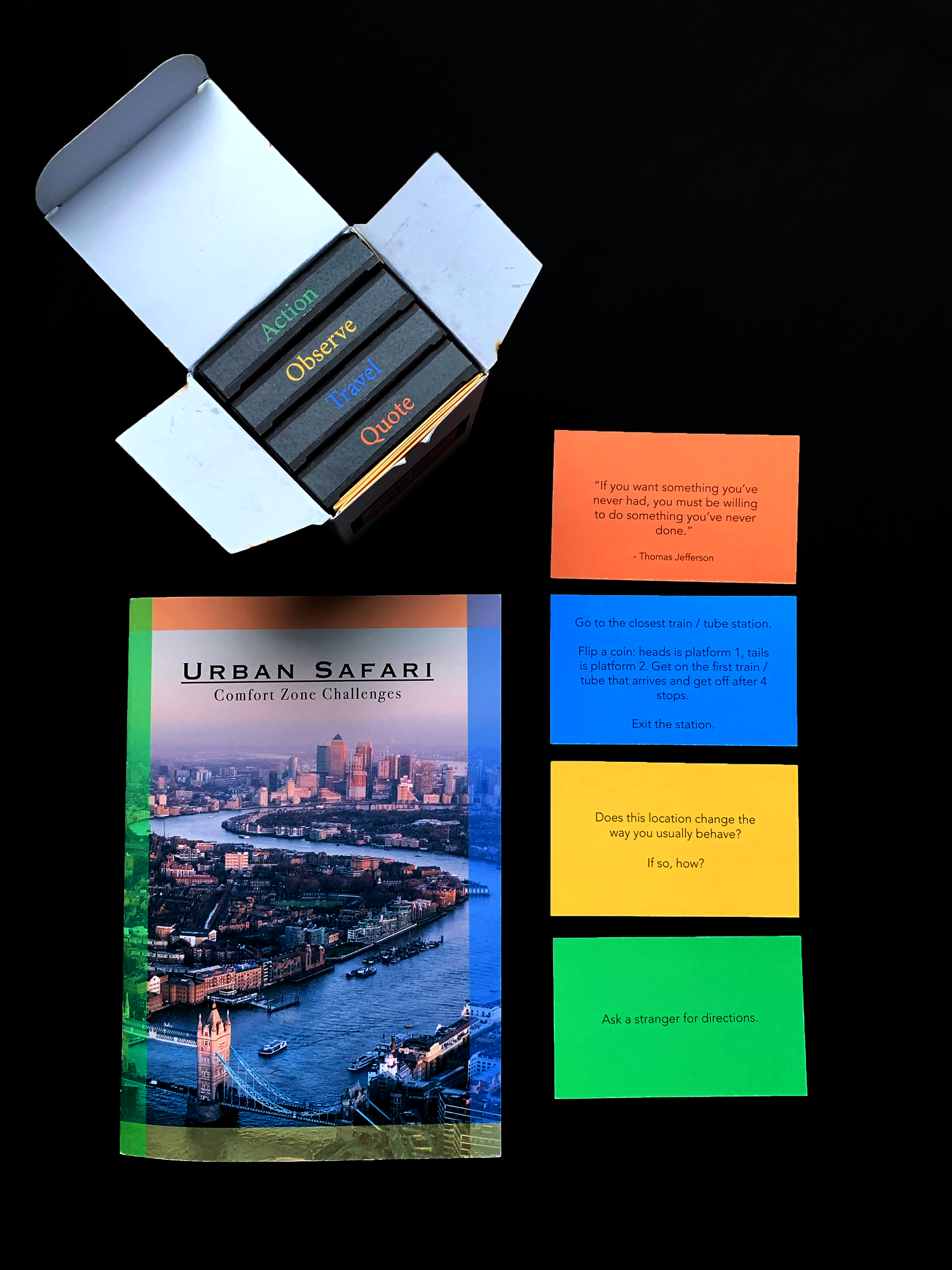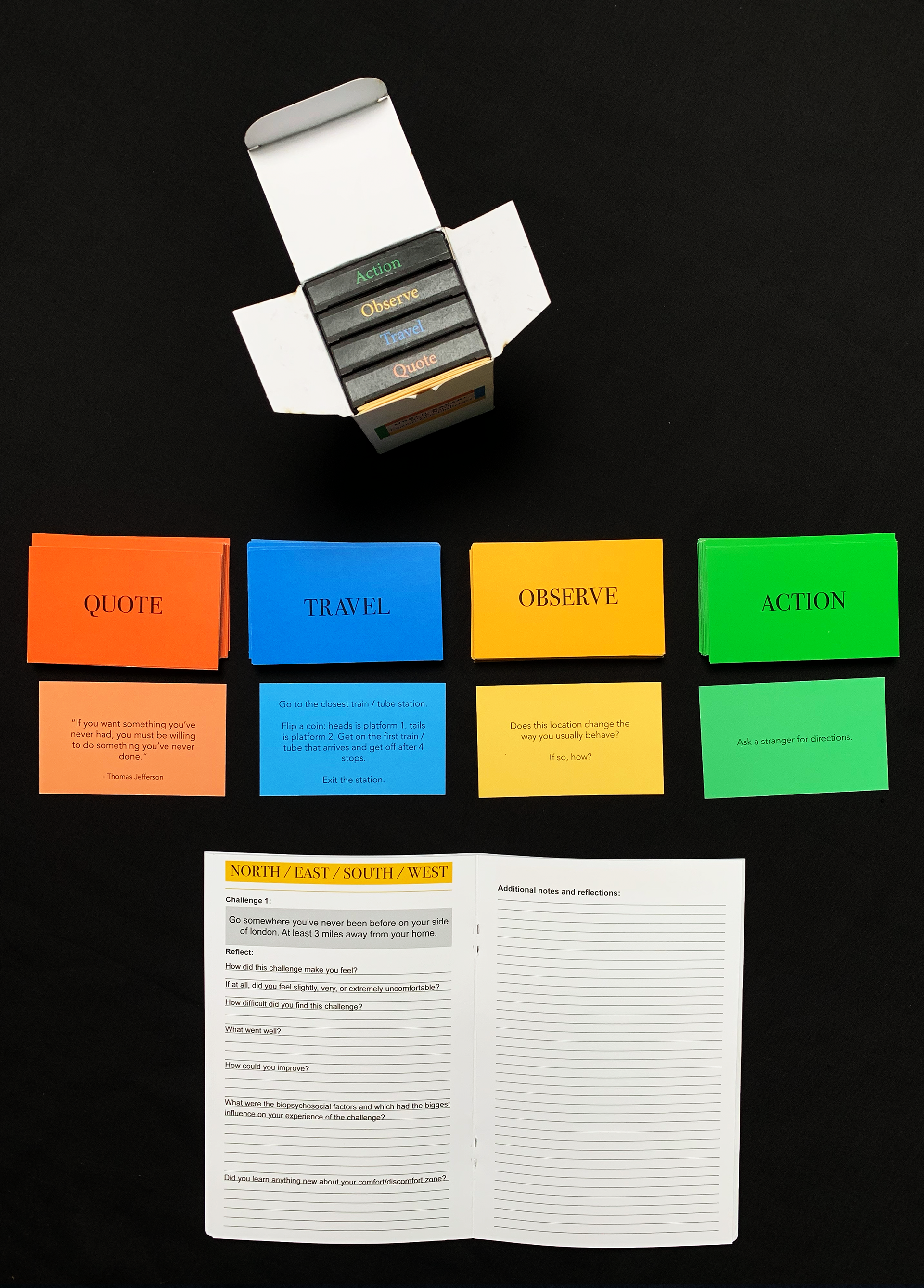Autistic people can face many challenges and hardships in this predominantly neurotypical and very social world. The majority of their coping and defence mechanisms mitigate and avoid these struggles, however, sometimes they even perpetuate them. These mechanisms can also keep them trapped within their comfort zones, leading to an avoidant lifestyle, low confidence, and a volatile susceptibility to discomfort, making it hard for them to navigate and interact with the world, hindering their chances of a successful life.
In response to this, I have taken a social innovation approach and developed a mentoring, coaching and training program that is designed to help autistic people to get comfortable with being uncomfortable and overcome their struggles, rather than mitigate and avoid them. This enables them to improve their confidence and emotional literacy, and ultimately, to self-actualise.
The core structure of the program is a biopsychosocial approach to leaving the comfort zone through psychogeographic practices. The program has 7 key phases, with various tools and activities that accompany each phase.
The 7 key phases are:
1. First point of engagement
2. Assessment - Identifying what point of the journey you are at
3. Mapping your comfort and discomfort zone
4. Identifying and understanding your defence and avoidance mechanisms
5. Identifying points of your comfort zone you want to expand
6. Action - leaving the comfort zone
7. Cartography and reflection
I have prototyped two tools from the spontaneous action section of phase 6, which you can see in the photos that
accompany this text. The journal is designed to gradually ease the user into the practice of leaving their comfort zone, while the cards help the user leave their comfort zone in a fun and exciting way. They both take the user on an urban safari, an adventure in the city, a journey of growth, development, self-discovery and self-actualisation.

